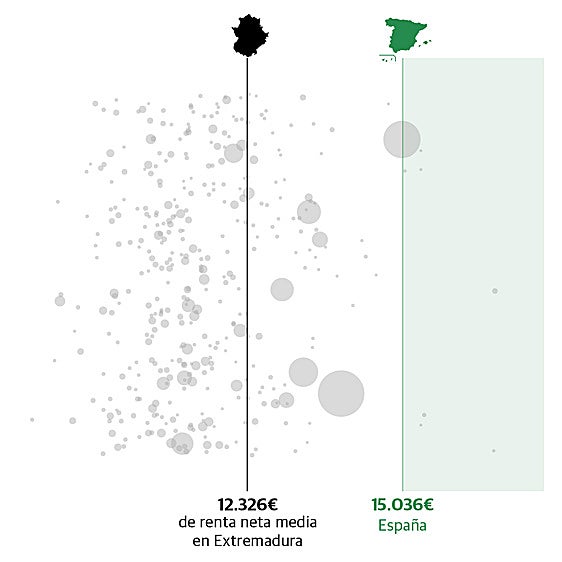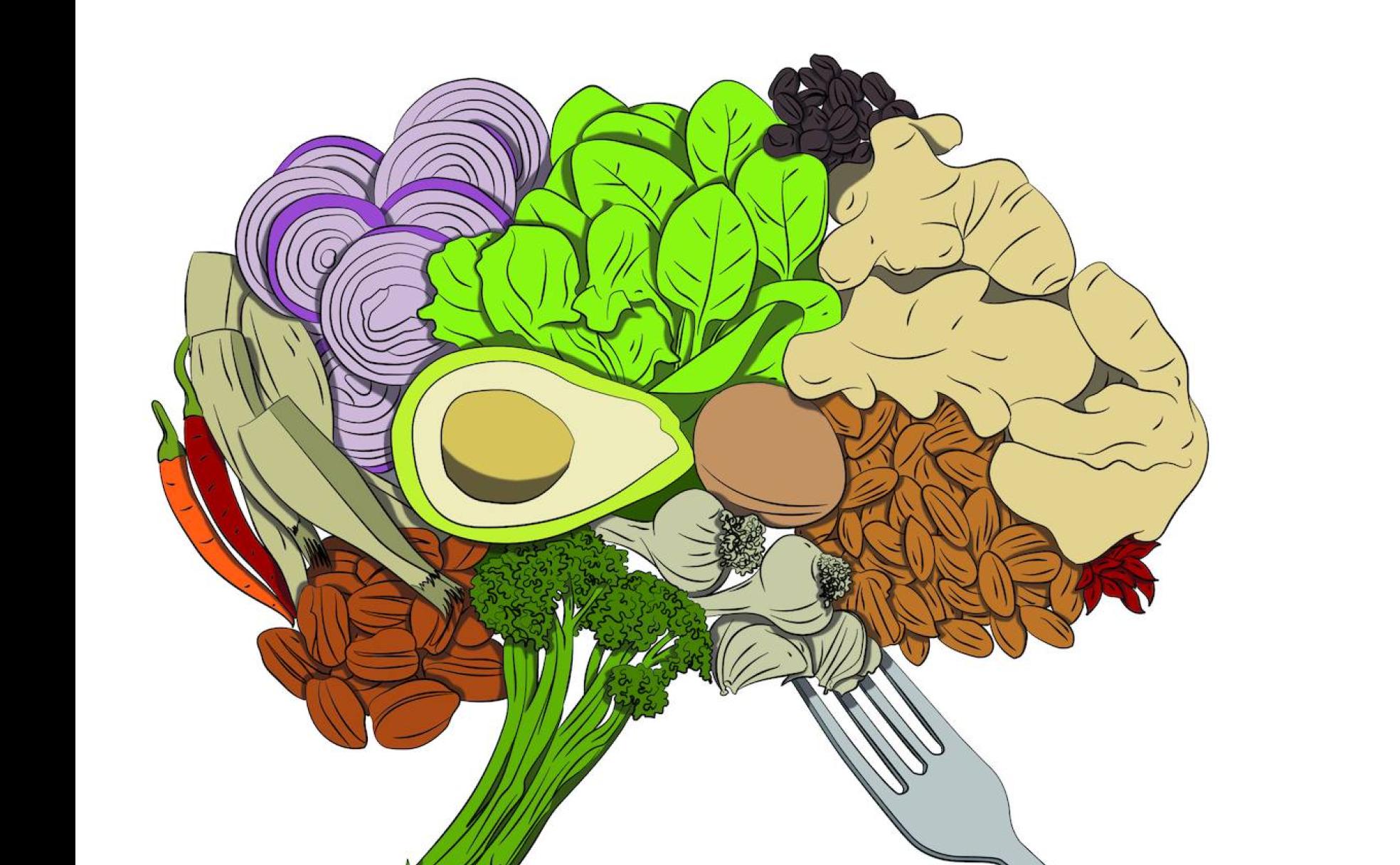How to train the brain to control what we eat
Set aside beliefs and learned behaviour, say the experts
Solange Vásquez
Friday, 26 August 2022
When we try to control what we eat, we have to face a formidable enemy: our own brain, which boycotts us with ruthless efficiency (it has all the information it needs to overrule all of our efforts).
In fact, eight out of ten people who try to follow a diet - for whatever reason: health, weight loss, muscle gain - fail in the attempt, according to a study from the Spanish Obesity Society. And on most occasions, it is brain connections and emotions that are to blame.
In many cases, when people are incapable of controlling what the y eat, such as those with obesity, “the brain’s reinforcement system is out of control, and that is something that occurs with other addictions as well”, says neuroscientist Diego Redolar. This leading researcher at the UOC (Universitat Oberta de Catalunya) has participated in a study on the influence of brain processes when it comes to eating which was carried out in collaboration with scientists at Harvard and New York universities.
This is the “physical” part that explains how the brain influences what we eat, but there is also an emotional side, says Marta Calderero, expert in Psychology of Health at the UOC.
She explains that we look for highly palatable foods to regulate our emotional distress.
“Anger and sadness, together with negative emotions relating to interpersonal experiences such as disappointment, hurt and loneliness, seem to precede binge eating,” she explains. So we need to keep an eye on our brain. And here are some recommendations to “train” it.
Mindful eating
People who have problems with food don’t usually pay attention to whether or not they are really hungry when they eat. How do we tell?
“If you eat leftovers from the fridge, you’re hungry, but if what you want is something tempting, a treat, then that isn’t hunger, it’s something else,” says nutritionist Aida Monjas. And if after eating we feel remorse, it was almost certainly not hunger.
Identify emotions
If it isn’t hunger, then what is it? It could be boredom, anxiety, loneliness.
“Emotions account for a lot,” says Monjas. In our attitude and physical level, too: if we are nervous we produce cortisol, which is like a relative of cortisone, and that, as everyone knows, causes inflammation. In other words, there are substances that we secrete when we are in certain states of mind and those put walls up when it comes to controlling our weight.
Break associations
We need to break associations relating to food because they make us eat in a mechanical way. These are associations that we need to destroy: watching TV-eating; family meal-overeating; a bad day at work-binge eating...
“These are examples of repetitive behaviour and we don’t even notice what we are eating,” says Aida Monjas. And the sensation of being full, which occurs 20 minutes after eating, goes practically unnoticed.
Self-imposed rules
We all have self-imposed rules: I mustn’t leave any food on the plate, or I need a dessert or something sweet after a meal, for example. “We have to abandon those well-rooted and limiting beliefs, and reflect,” says Monjas.
Unhealthy foods out of sight
It helps our brain if we only have healthy foods in sight, so that if we do decide we want to eat something, it won’t be unhealthy. We are very visual creatures, and this stops us being tempted by the wrong types of food.
Size of plate
“We eat with our eyes to a great extent, so if we are using very large plates we tend to fill them because the brain thinks they are too empty and we need to put more food on them.
“And of course we have all been brought up by our parents to eat everything on our plate, so that’s what we do,” says Monjas. This, she insists, is why it is a really good idea to only use small plates.



